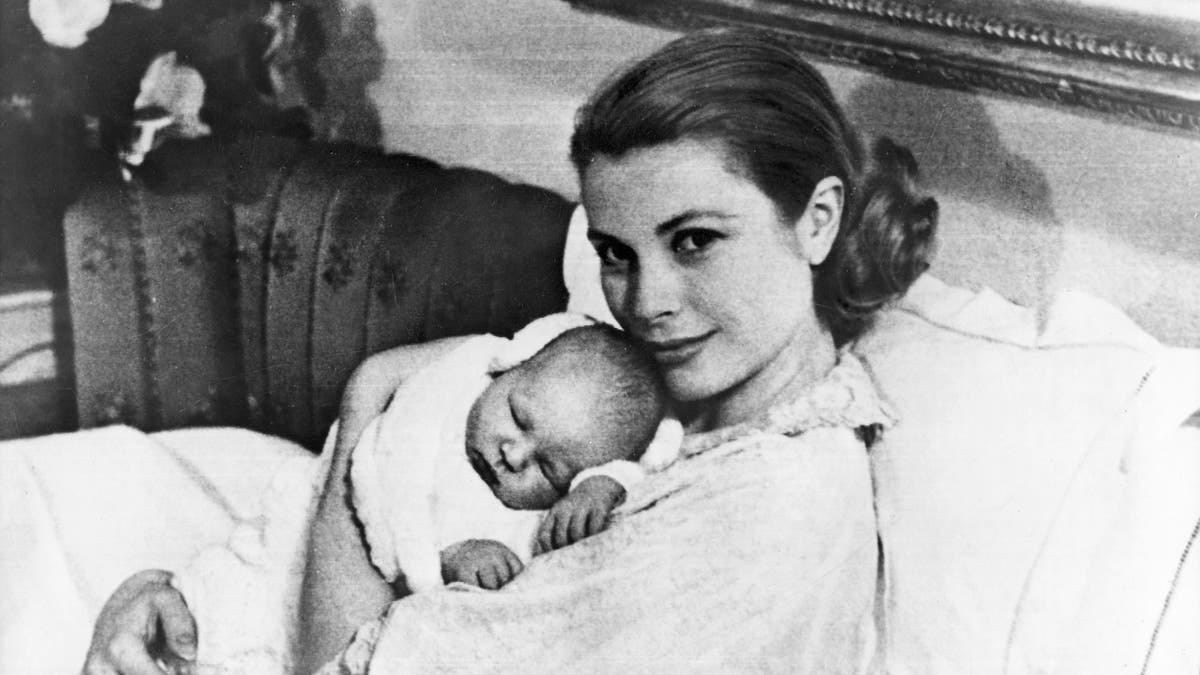Hearing screams, you run into the burning building.
Following the sounds, you make your way to a room. Inside, you can see the walls are on fire and the roof is soon to collapse. Two things are in the room: a baby and a Picasso. You only have time to save one.
Instinct takes over, and you run towards the infant. Suddenly - you stop. A terrifying realization enters your mind: if you take the painting - surely worth hundreds of millions - you could sell it and donate the proceeds to charities which could save thousands of lives.
What do you do? Save the baby in the room with you now or save the unknown thousands separated from you by time and space?
I pose this hypothetical to examine the fundamental question of the moral status of ‘partiality’ (a preference for one person or group over another).
It is necessary to understand whether - on the most basic and abstract level - it can be moral to prioritize the needs of those closest to us over the needs of strangers before we can move on to the specific question of inheritance.
I hope to demonstrate that partiality is not just morally permissible, but that it is frequently necessary for morality to be upheld. It is often good to heavily bias towards those you are closest to. I have chosen the extreme thought-experiment of the burning building in order to illustrate the point in stark terms.
You should save the baby. But let’s start by examining the alternative.
Keep reading with a 7-day free trial
Subscribe to Becoming Noble to keep reading this post and get 7 days of free access to the full post archives.




